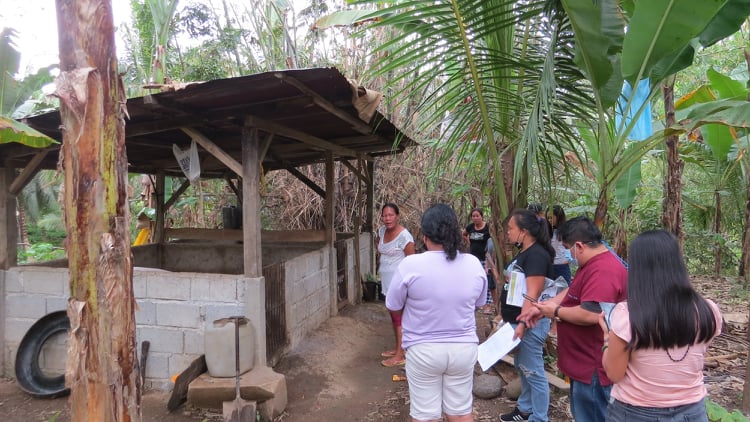Adopting gender-inclusive approaches for a sustainable livestock transformation
21/12/2022 , Manila

©FAO/Alan Aliman
Promoting gender equality and women’s empowerment ensures the perspectives of both women and men are considered to ensure effective responses to animal health threats. Despite women’s significant involvement and contribution to livestock management and value chains, women’s roles are often underrecognized. Women tend to face more obstacles and constraints in accessing resources and opportunities, which can compromise efforts to mitigate the risks of animal health crises.
FAO ECTAD has been carrying out various programme-wide gender analyses to identify needs, constraints and opportunities to mainstream gender equality aspects into its programme implementation, alongside regional economic communities such as the Association of Southeast Asian Nations (ASEAN), private sectors and community-based organizations.
In 2022, FAO ECTAD organized an impact assessment to understand the gender component of community interventions to prevent African swine fever (ASF) in the Philippines. Women, who are the primary caretakers of pigs in the Philippines’ households, are the major beneficiaries and have shown a willingness to implement ASF prevention and control measures in their farms. They have been substantially empowered by community interventions, improving their capacity to influence decision-making in the fight against ASF.
Based on the findings, the community interventions program has contributed to increasing the resilience of women farmers to protect their herds from diseases, increasing their knowledge of biosecurity practices and saving livelihoods.
